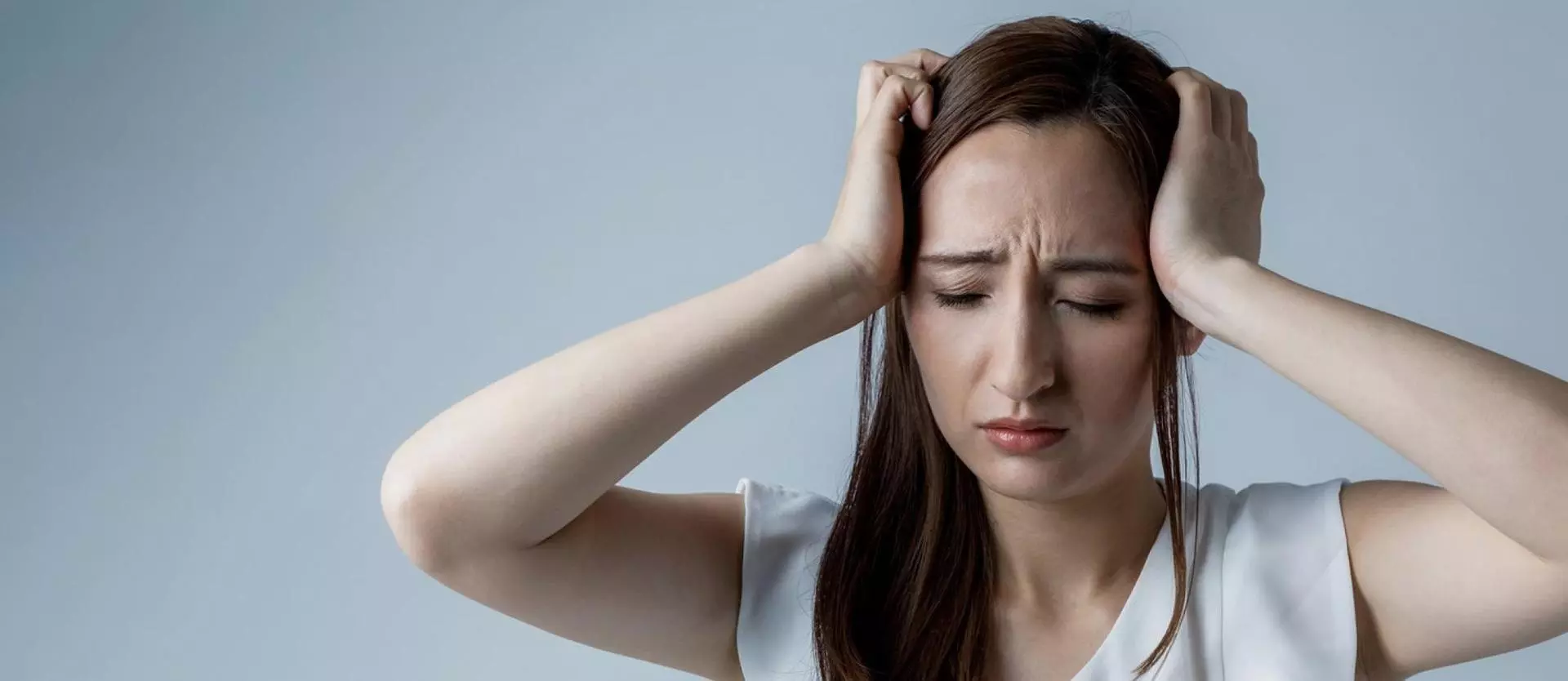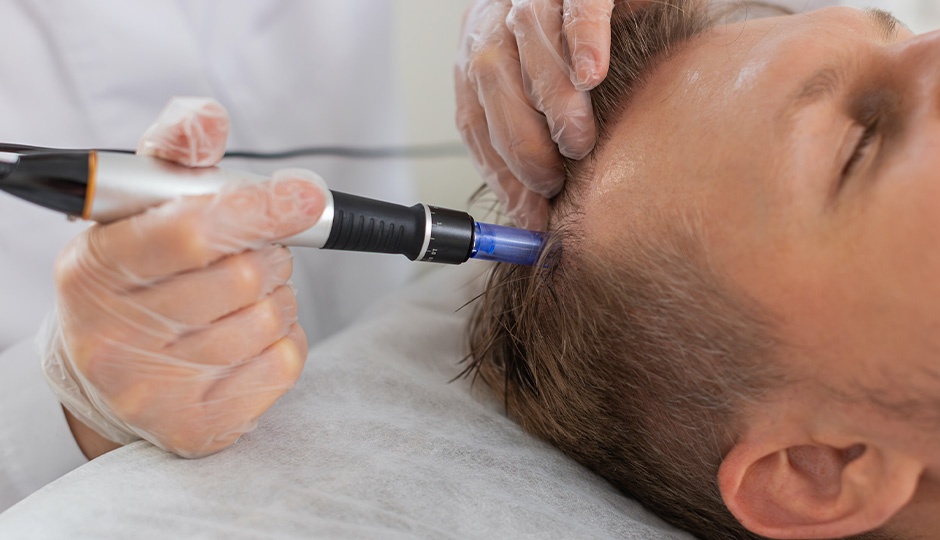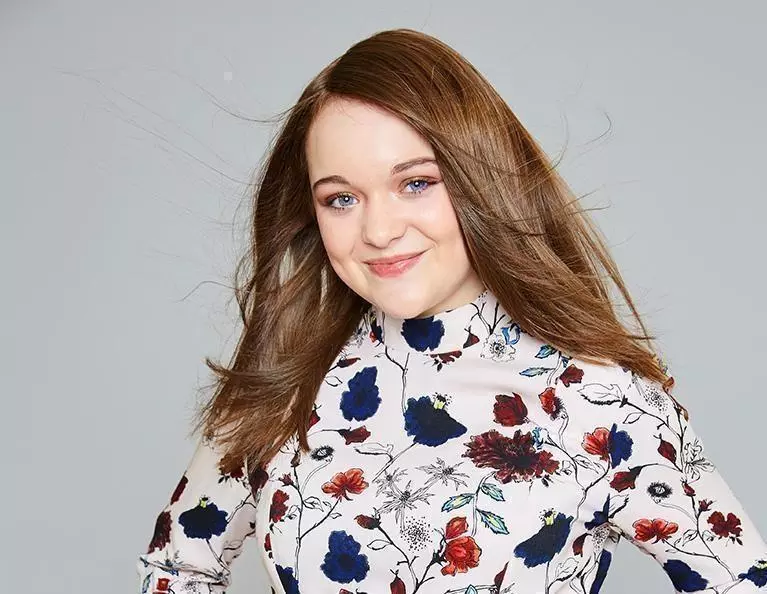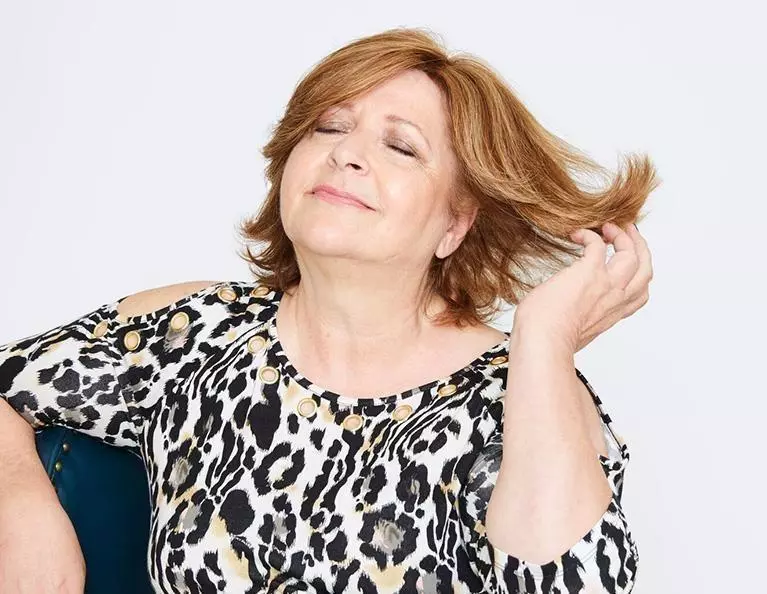Many people struggle with iron deficiency. If you are iron deficient, and you have hair loss, you may not connect the two to each other. Often, there are so many other causes for hair shedding that may not be related to nutrient deficiencies that this seems to be something overlooked by many. Yet, a lack of nutrients is a major reason for many people to lose their hair. Iron is one of those important nutrients your body needs if it is to operate properly and encourage natural, healthy hair growth.
How Does Iron Work in the Body?
Iron is an essential nutrient your body needs. If you do not get enough iron into your body, which is done through your diet, it can cause a number of issues for you. This often means your body does not produce enough of the hemoglobin your blood needs. Hemoglobin is a critical tool – it helps to move oxygen through your bloodstream to all areas and all cells. If not enough oxygen is traveling through your body and reaching your cells, that can limit the function of those cells. Some of those cells are related to hair growth.
What Can You Expect from This Hair Shedding?
What makes it even harder to know the underlying cause of hair shedding is that it does not look or seem different from one type to the next. With iron deficiency hair loss, you are likely to lose your hair much like you would if you had female-pattern hair loss or male-patterned hair loss. It does not look different. Some testing also indicates that in those who are predisposed for pattern baldness, which means you have family members that had it, iron deficiency can enhance the effect and cause you to lose more of the hair you thought.
If you are noticing a significant amount of hair loss happening on a daily basis, and you are not sure why it could be due to iron deficiency. This is most likely to occur in people who have seen a significant change in their diet or those who have a reason to have changes in their blood health.
If you suspect this is the case, it is important to speak to your doctor. A formal blood test can determine your iron levels. If you are deficient, your doctor will tell you what to do to see improvement – remember, low iron can impact many other areas of your health as well.
What Can You Do to Treat It?
There are steps you can take to improve your iron levels and reverse this deficiency. Eating foods that are rich in iron is a good start. You may also want to consider the use of iron supplements. However, be careful with them. They can cause a change in bowel habits and, in some cases, cause an upset stomach. You also do not want to take more than your doctor recommends for overall good health.
Stimulating Hair Growth
The good news is that most of the time, if your hair loss is related to iron deficiencies, once you reverse this problem, it can lead to improved hair growth and regrowth. This can take time – often as long as six or nine months after your levels return to normal.
Your doctor may suggest other solutions to help you as well. For example, the use of topical treatment such as Minoxidil (Rogaine), and low level light therapy that can help you to get back on track. You may also be able to see improvements by improving your overall diet. Boosting nutrient intake is an important way to stimulate hair growth for most people.
The key to remember here is that you need a healthy diet to encourage healthy hair growth. For iron deficiency, that includes consuming foods like lean proteins, such as salmon and pork, as well as spinach and peas. Some dried fruit also has a high amount of iron in them.
Talk to your doctor about any suspected iron deficiencies you may have. Determine what steps you can take to reverse this problem. Be sure to talk about the hair shedding too, which can often be reversed for those who have iron deficiency hair loss.
Contact the hair specialists at Unique Hair Concepts to learn more.






